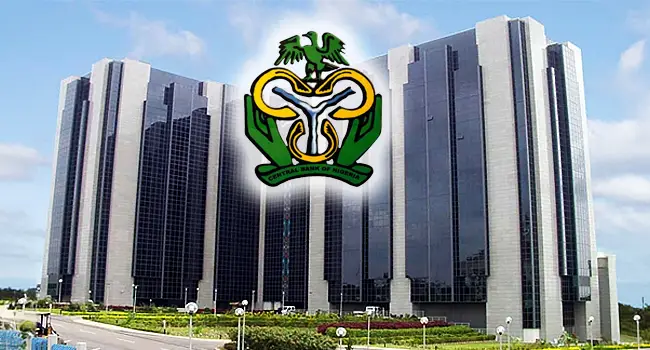In 2024, the Central Bank of Nigeria (CBN) launched a sweeping recapitalization mandate requiring banks to raise their minimum paid-in capital according to license category—international, national, or regional.
The move, aimed at strengthening domestic financial stability, expanding lending capacity, and boosting global competitiveness, was the focus of a high-level 2-day seminar organized by the CBN for business and finance correspondents which commenced Tuesday in Abuja.
The theme of the event “Playing the Global Game: Banking Recapitalization Towards a One-Trillion Dollar Economy,” brought together industry leaders, regulators, and Business and Finance Editors to discuss the ongoing bank recapitalization and its impact on the Nigerian economy.
Delivering the keynote speech, Deputy Governor, Corporate Services, Ms. Emem Usoro, represented by Hajia Hakama Sidi Ali, Acting Director of Corporate Communications, underscored the significance of the initiative amid rising global uncertainty.
She noted that globalization and protectionist policies—especially those surfacing in major economies—demand Nigeria’s readiness to adapt and thrive.
“The push for a new paradigm towards the recapitalization of banks to power a one trillion-dollar economy will no doubt improve the strength and health of the financial system.
“As we work towards building a one-trillion-dollar economy, we must consider the recapitalization of our banks to be able to fund, finance, and power the economy—and favourably compete globally with peers in other climes.
Ken Ife Warns: Global Economic Tsunami Looms
Meanwhile, Chairman of the event, Professor Ken Ife, Chief Economic Strategist at the ECOWAS Commission, in his speech, sounded a stark warning about the global landscape.
He pointed to growing protectionist trends, particularly in the U.S., as dangerous signals that could destabilize global trade, monetary policy, and growth in emerging markets.
“We are not just recapitalizing because of the one-trillion-dollar vision. We are doing it because a tsunami is coming—and Nigeria may take a bigger hit than many African countries,” he cautioned.
“Donald Trump’s vision is rooted in the 1930s, when America lived off tariffs. Today, he’s empowered by the Supreme Court and Congress to set trade policy at will. But history has taught us—protectionism leads to depression, not prosperity.”
Quoting historical parallels from the Great Depression, Ife stressed the risks of condoning inefficiency through tariffs and subsidies.
“When you build tariff walls, you stifle innovation and competition. Eventually, unemployment rises, consumer confidence drops, and economies suffer.”
A Call for Strategic Collaboration
Professor Ife echoed this sentiment, emphasizing that growth, not just reform, is essential to realizing Nigeria’s trillion-dollar ambition.
“Each serves a different part of the economy, and their roles are all crucial. If we don’t grow, we won’t meet that $1 trillion target. Recapitalization is the foundation, but implementation, policy cohesion, and confidence will get us there.”
‘Banks must position themselves to fund infrastructure in Nigeria’
Managing Director of United Bank for Africa (UBA), Oliver Alawuba, in his presentation called for greater faith in local banks and institutions stating that the institution must position itself to fund infrastructure in Nigeria.
He urged policymakers to begin by reallocating at least 10–20% of Nigeria’s reserves to local development efforts instead of relying on foreign borrowing.
“We should stop the mentality of depending on others to fund our own development. Let’s start small—use Nigerian money to develop Nigeria.
“UBA is present in 19 African countries. In some, we hold the reserves of their central banks. If they can trust us, why can’t we trust ourselves in Nigeria?” he asked.
Alawuba also noted that while recapitalization efforts were progressing—with about ₦4.1 trillion already in motion—the CBN must remain flexible, especially amid foreign exchange volatility.
“We are raising capital at a time when the naira is fluctuating. This affects investor confidence. But CBN’s recent interventions are helping stabilize liquidity and rebuild trust. This isn’t just about the big banks. The economy needs every player—from tier-one institutions to regional banks,” Alawuba said.















